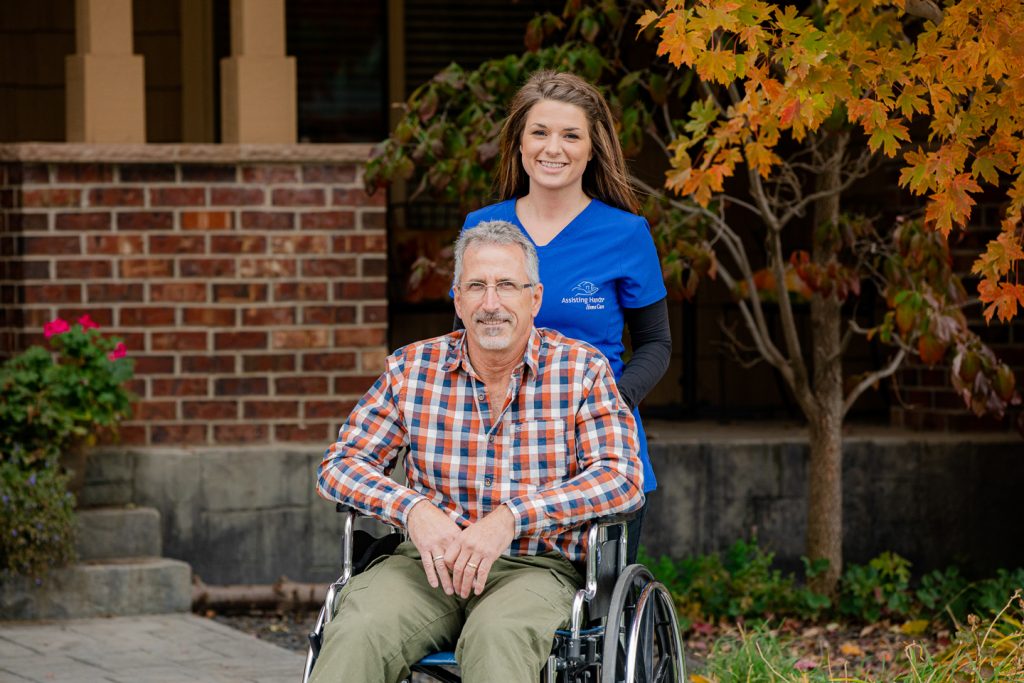Americans aged 60 and over commonly worry about factors that will impact their lives as they age. Outliving one’s finances and decreasing health are two primary concerns for older Americans. Besides money and health, seniors in the US worry about other lifechanging issues.
Worry #1: Healthcare expenses

Retirees’ biggest fear is often the growing costs of healthcare and prescription medicines. The results of a recent survey by Kiplinger and Personal Capital revealed that 530 out of 850 respondents claimed that high healthcare bills are their chief concern.
With healthcare costs already high, Americans have reason to fret. Reports from a model suggest that a couple who retires at age 65 will require between $197,000 and $285,000 to cover medical expenses. Anticipated healthcare costs far exceed what the average American senior has saved.
Even worse is that the cost of medical care has increased steeply in the past 20 years. Americans who considered retirement during those years did not prepare for the skyrocketing costs of healthcare. Predicaments like these mean seniors’ savings may not last as long as they planned.
Women may be harder hit, since they tend to live longer in retirement than men. Plus, women typically have less savings than their male counterparts. AARP reports that women are more likely to need long-term care in comparison to men. Over half of older women need support services.
Worry #2: Running out of money
As mentioned, retaining a secure financial future is on the minds of almost half of US seniors. Nearly 49 percent of Americans fear that they will run out of money as they grow older. Just 36 percent of Americans, however, feel they will be able to retire comfortably.
However, a large percentage of Baby Boomers continue to work well into their 60s—and it is not due to needing the money. Older Americans are in the best shape of their lives, which prevents limitations that dissuade them to pursue the work they want to do.
Over three out of four Americans over 65 report they are in peak health, which can vary from good to very good to excellent. Consequently, about 10 million Americans over age 65 are either job hunting or working. The Bureau of Labor Statistics reports these numbers are at a 57-year high.
Worry #3: Memory loss

Older Americans worry about their brain health. Memory loss is a particular concern for people as they age, particularly when they have relatives with dementia. A small percentage of seniors actually discuss their worries about memory loss with their physicians.
A survey conducted by the National Poll on Healthy Aging revealed that nearly half of all respondents believed they would develop dementia. More specifically, six percent felt very worried; 38 percent were somewhat worried; and, 56 percent were not worried.
The reality is that less than 20 percent of people over 65 will experience cognitive decline due to Alzheimer’s or other types of dementia. Still, seventy-three percent of seniors try to keep memory loss at bay by doing crossword puzzles and other brain workouts.
While the effectiveness of brain games and supplements to keep the mind sharp remains to be proven, doctors may help seniors delay memory loss with steps backed by scientific evidence. Brain health may be sustained by managing blood pressure and sugar and getting enough exercise and sleep. In cases of increasing memory loss that lead to dangerous situations such as leaving the gas stove on, in-home dementia care services can be used.
Worry #4: Aging in place
Remaining at home throughout the rest of their lives is preferred by the majority of Americans. Despite the preferences of over 75 percent of seniors, many believe their homes fail to be equipped with the right devices to enable them to age comfortably and safely in place.
Families of older Americans can help modify a senior’s home so that it allows independent living. Grabbing bars and a transfer bench in the bathroom promote stability. Seniors with mobility issues avoid navigating stairs when ramps are installed. Smart homes adequately meet the needs of the elderly.
In addition to modifying the home, hiring professional caregivers helps older individuals remain at home for as long as possible. Caregivers assist care recipients with all the activities of daily living, like meal preparation, bathing, and light chores as well as transportation and fall risk assessments.
Worry #5: Being unable to drive
Cognitive changes and age-related conditions prevent seniors from driving. Seniors over 80 are more likely to experience slower reflexes and vision loss that make driving especially risky. The Centers for Disease Control and Prevention report that 712 elderly drivers are injured in auto accidents every day.
Seniors who are unable to drive worry about losing their independence. Loneliness and isolation set in as social opportunities are lost. Older individuals who are reluctant or unable to drive have trouble finding transportation to friends’ and families’ homes or to the senior center.
Where it is available, public transportation is a major benefit to the elderly. But many seniors report that reliable public transportation systems could be vastly improved in their communities. Fortunately, the transportation provided by professional caregivers is a practical alternative.

Many of the worries that plague elder Americans can be eased with dependable in-home support from home care agencies, like Assisting Hands Home Care. With a team of reliable caregivers, we are positioned to help your aging loved one live a life of independence and dignity.
Assisting Hands Home Care service providers are trained to assist senior care recipients, including those who experience memory loss and Alzheimer’s. We provide discreet help with the activities of daily living, from bathing to meal preparation. Our caregivers provide safe transportation as well.
Our non-medical elder care services are comprehensive, whether your loved one requires respite care, long-term care, live-in care, post-surgical care, or any other form of senior care. Care management includes coordinating all aspects of care for your senior loved one.
Families and their loved ones who need extra hands are encouraged to contact Assisting Hands Home Care. We take the worry out of each day so that your loved one receives the best in non-medical support, in-home care, and companionship.















